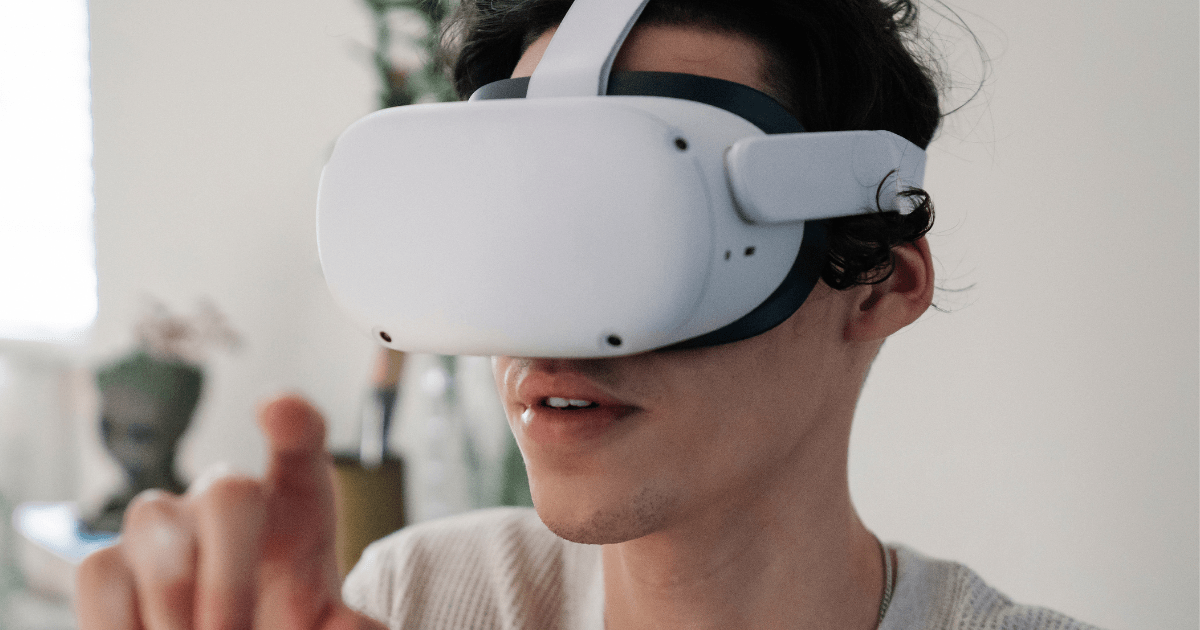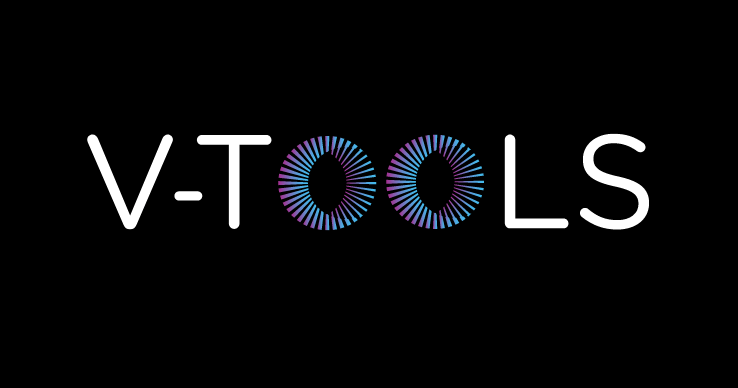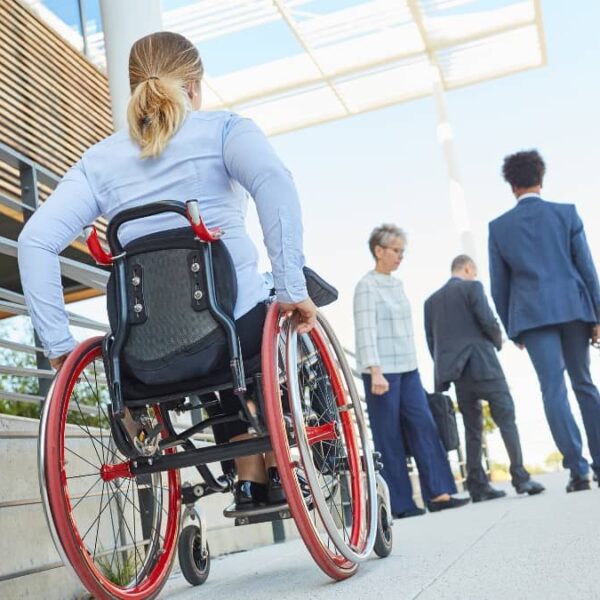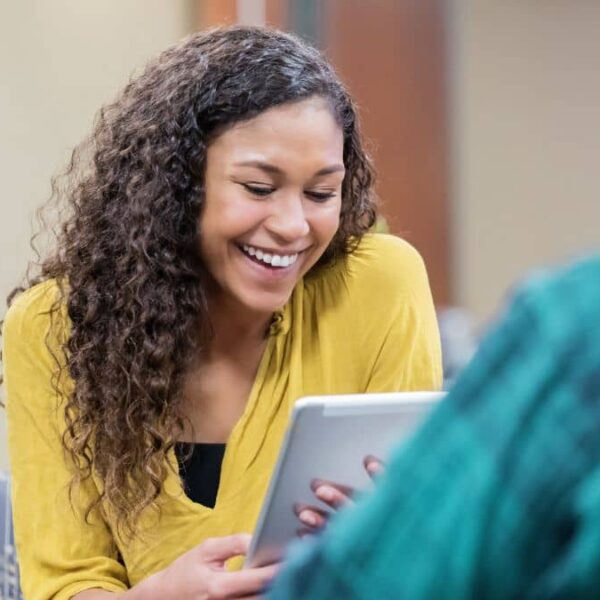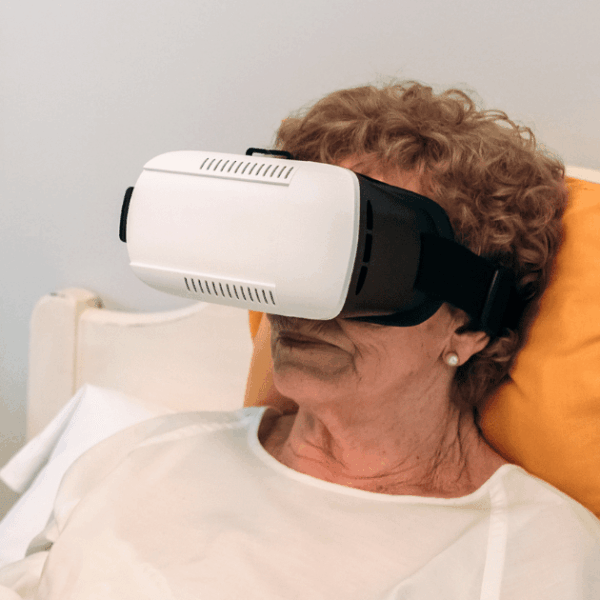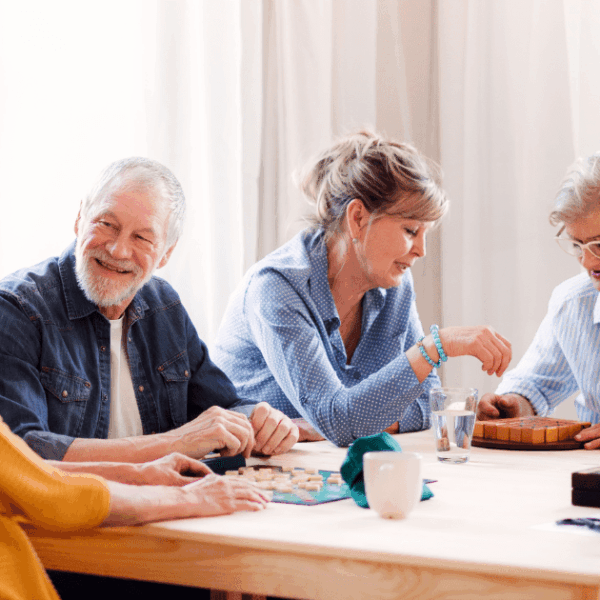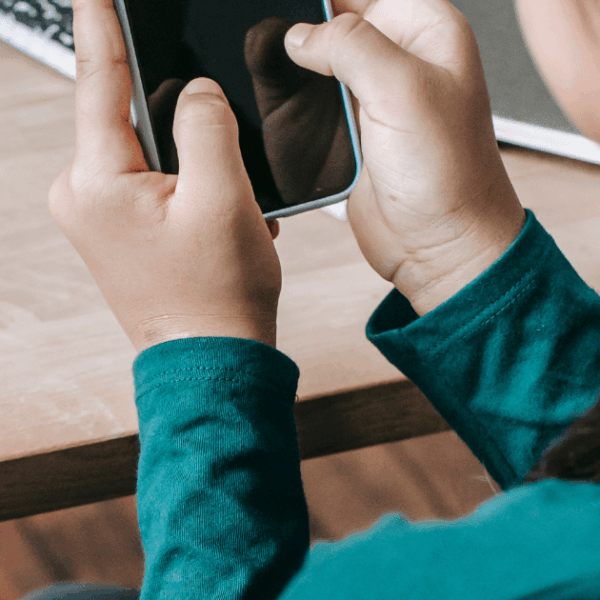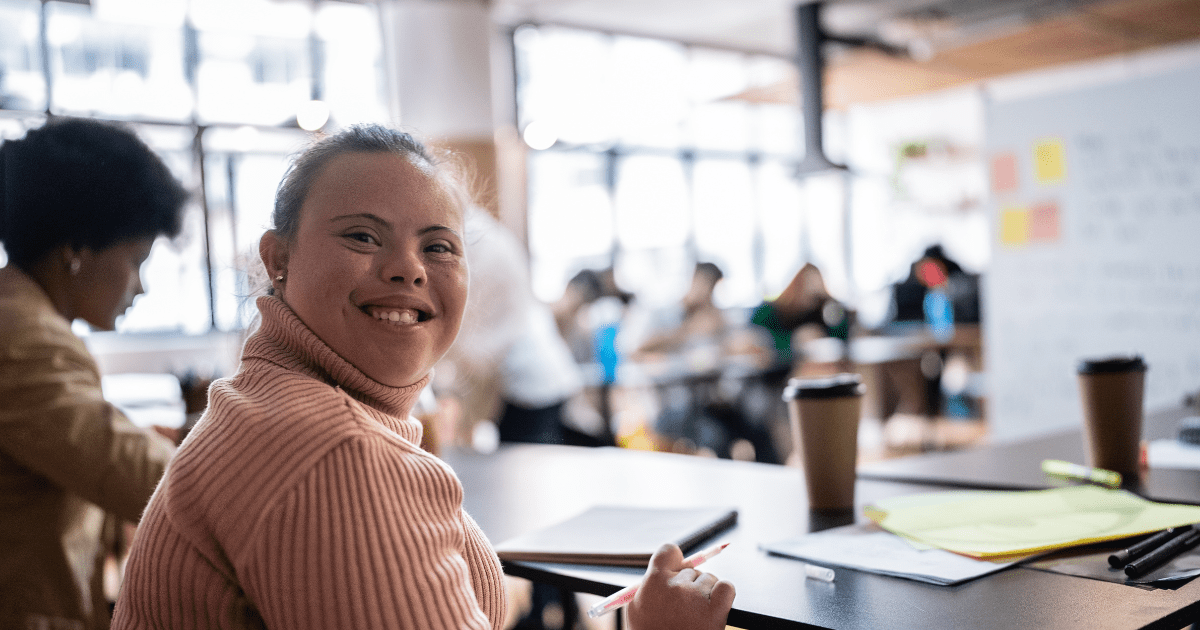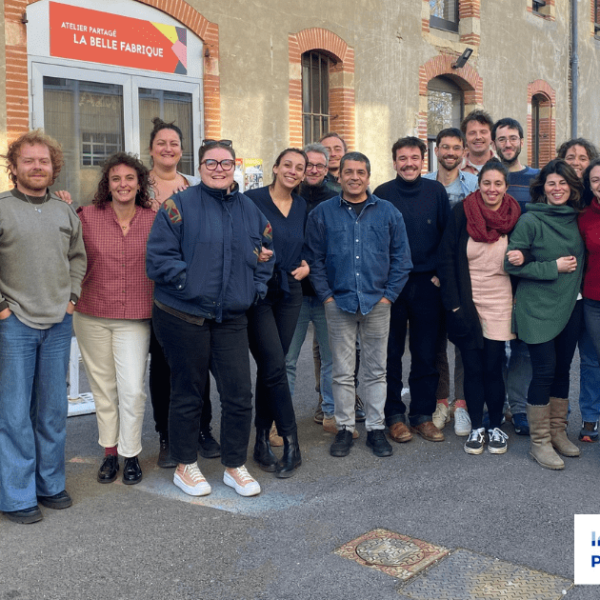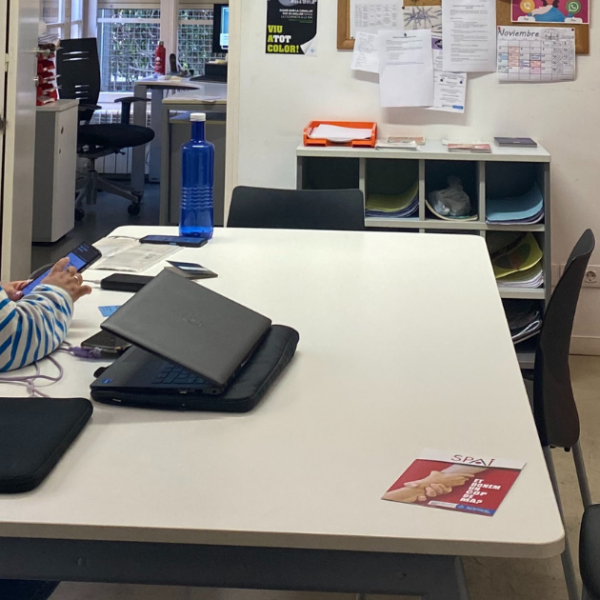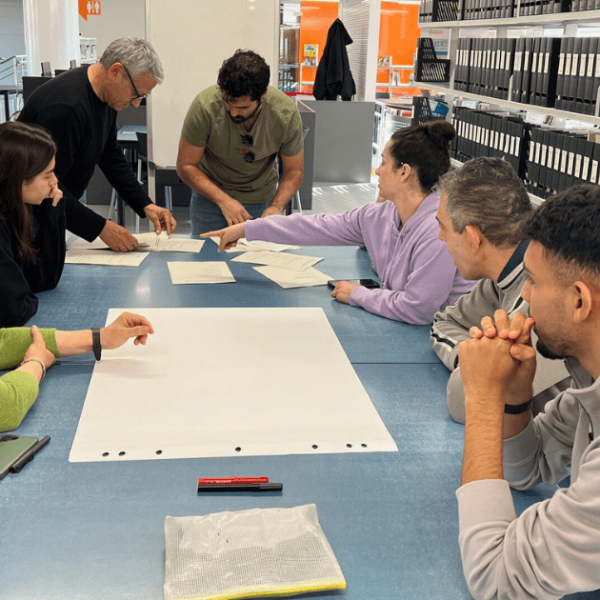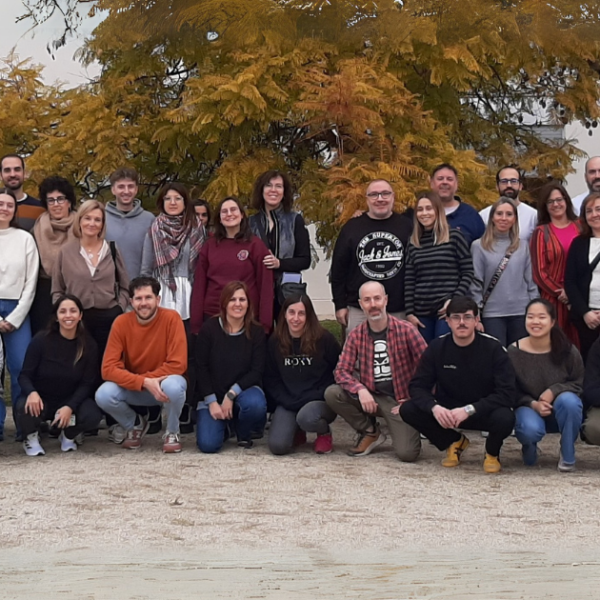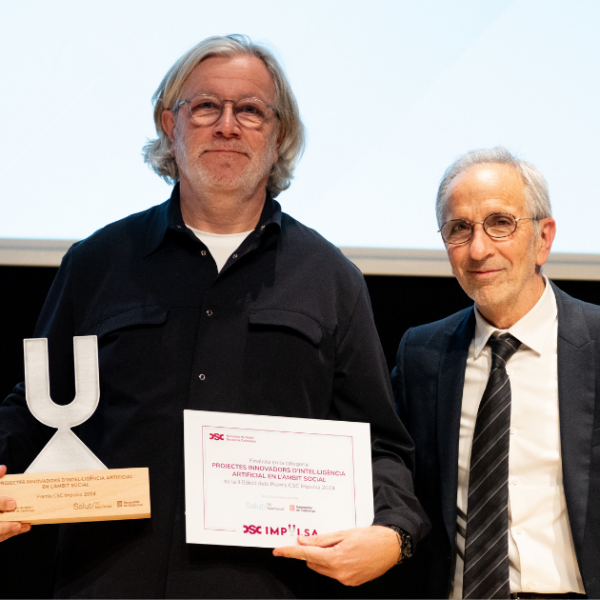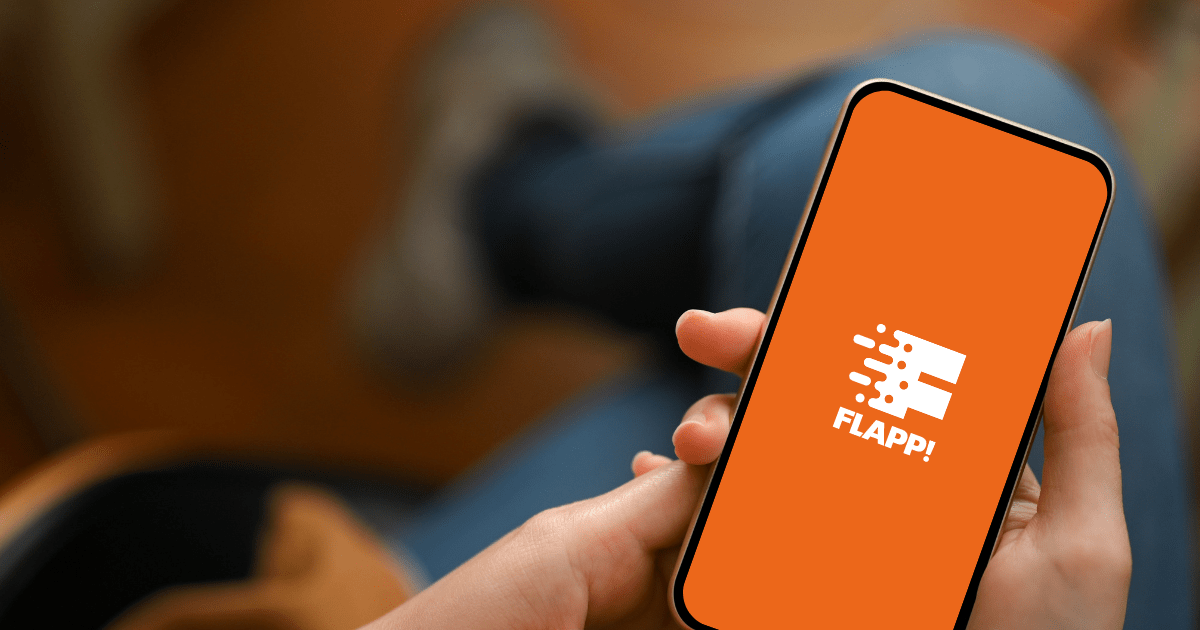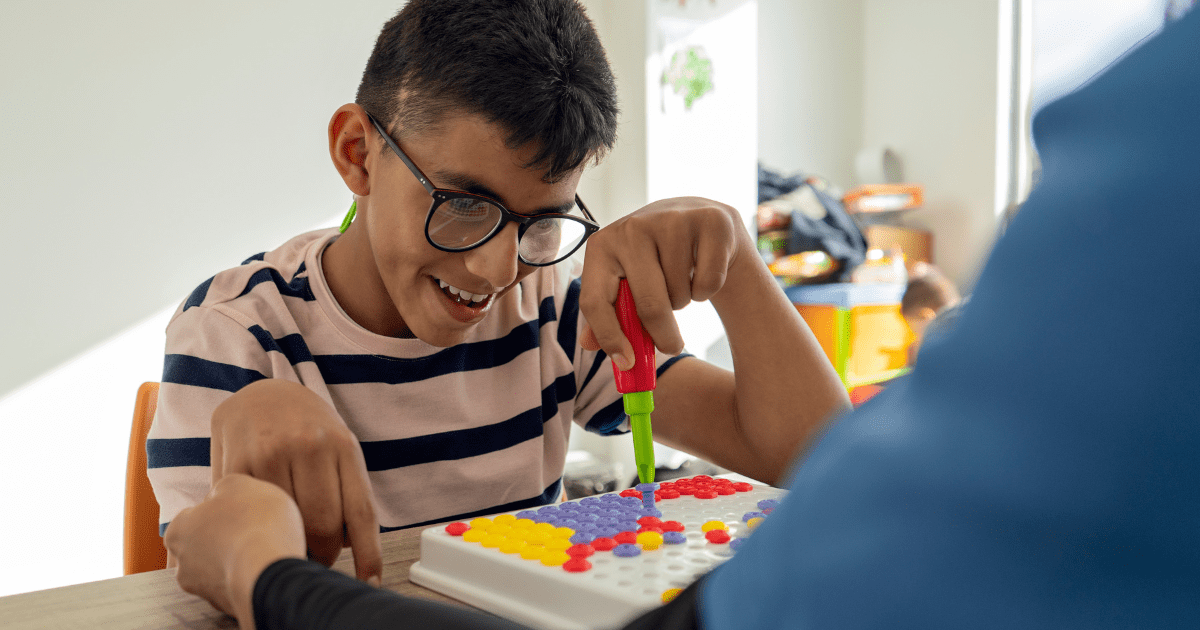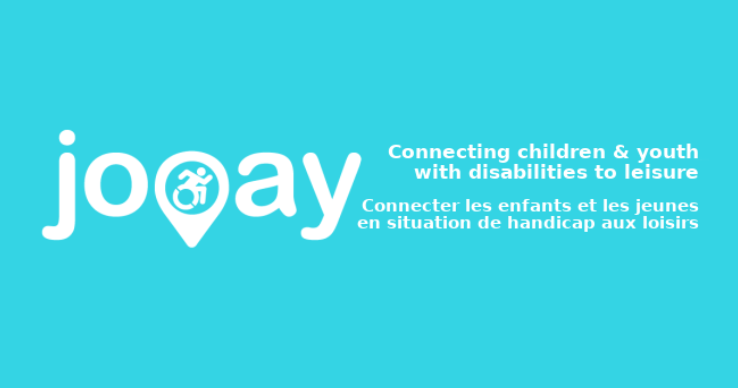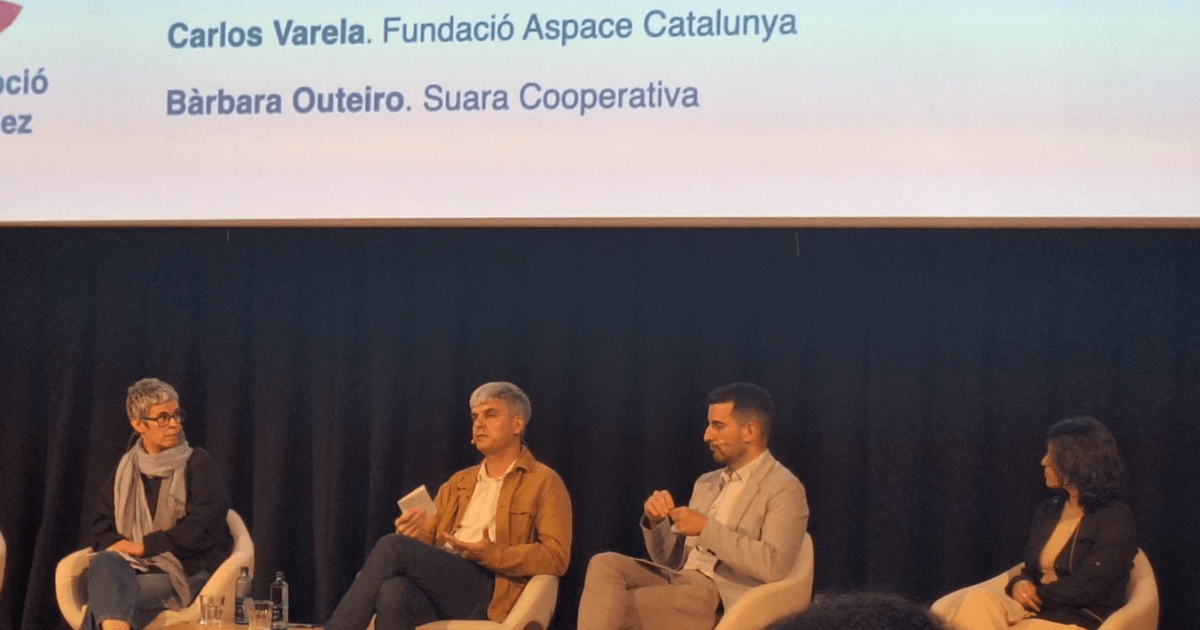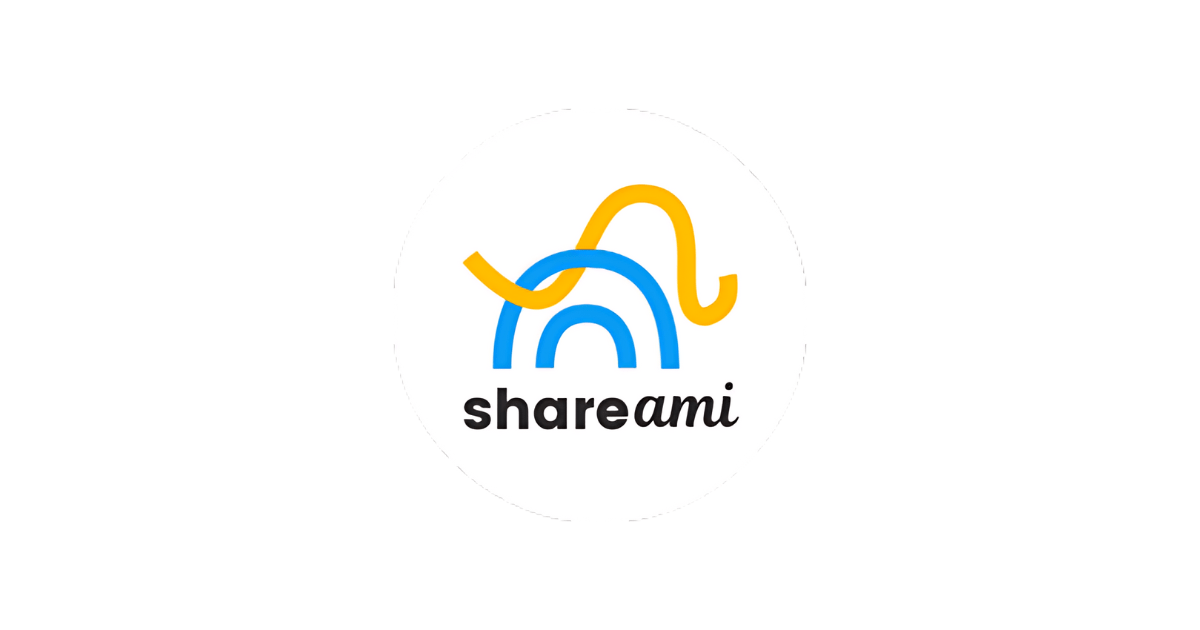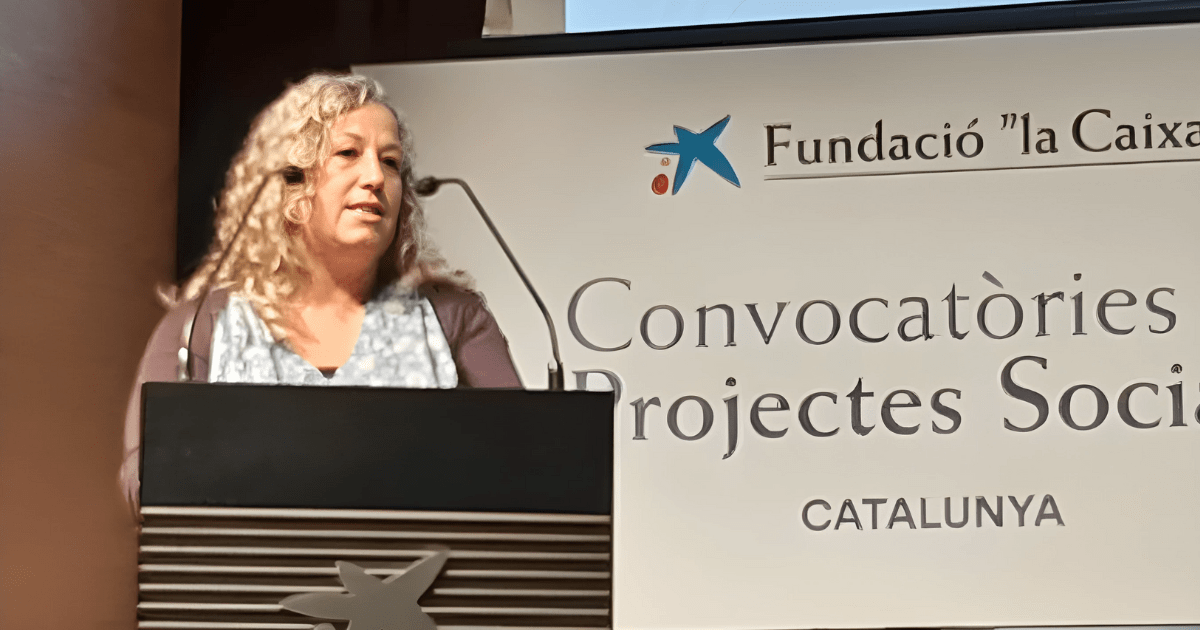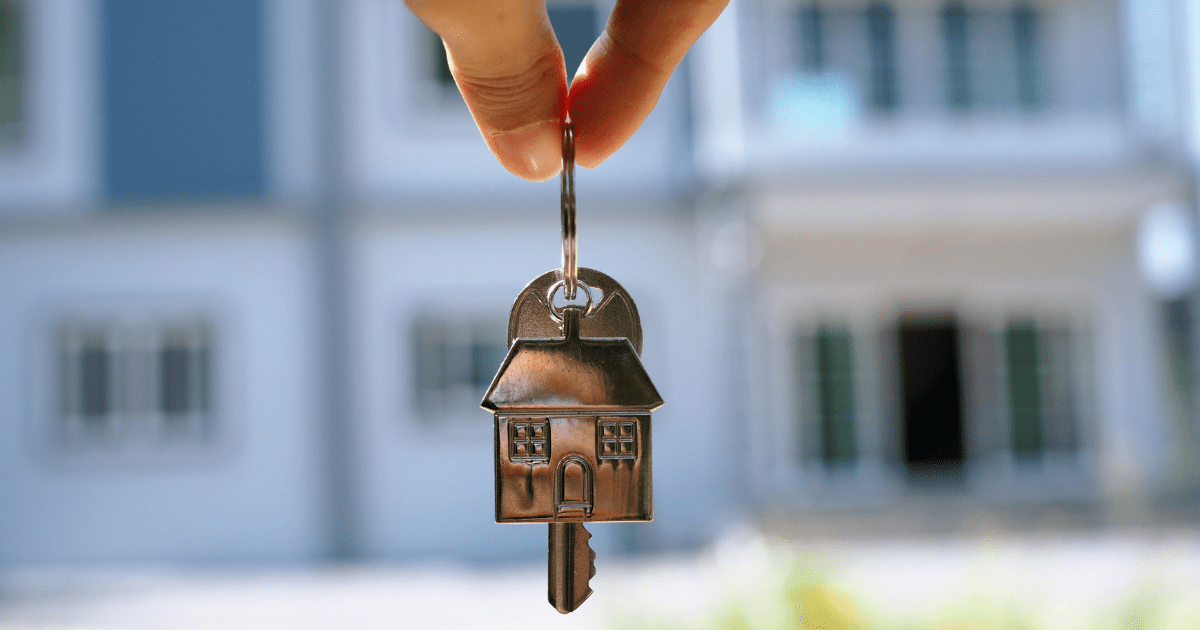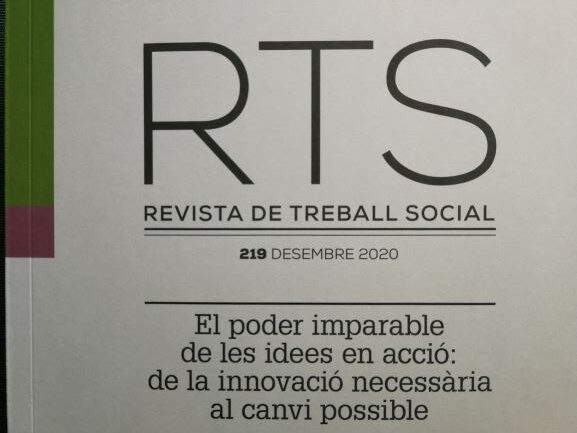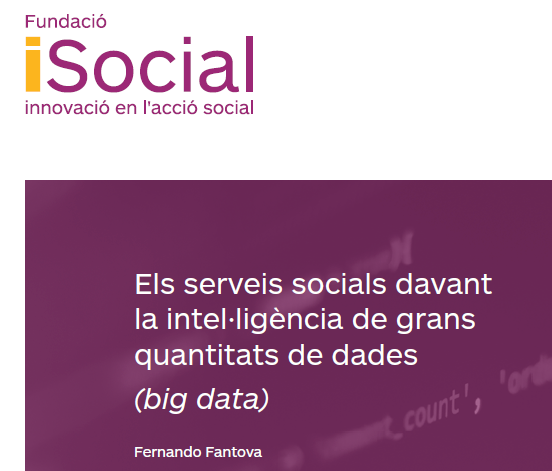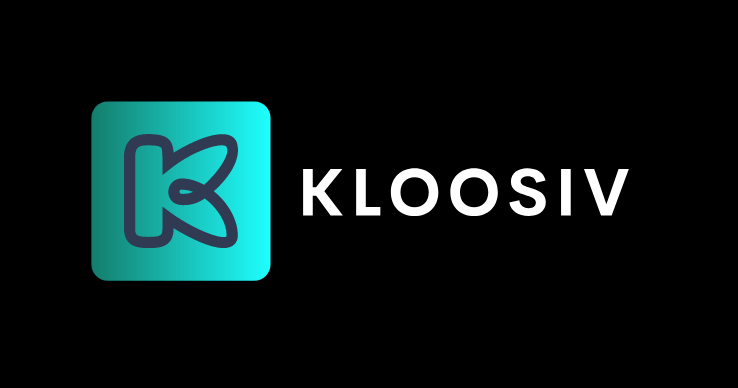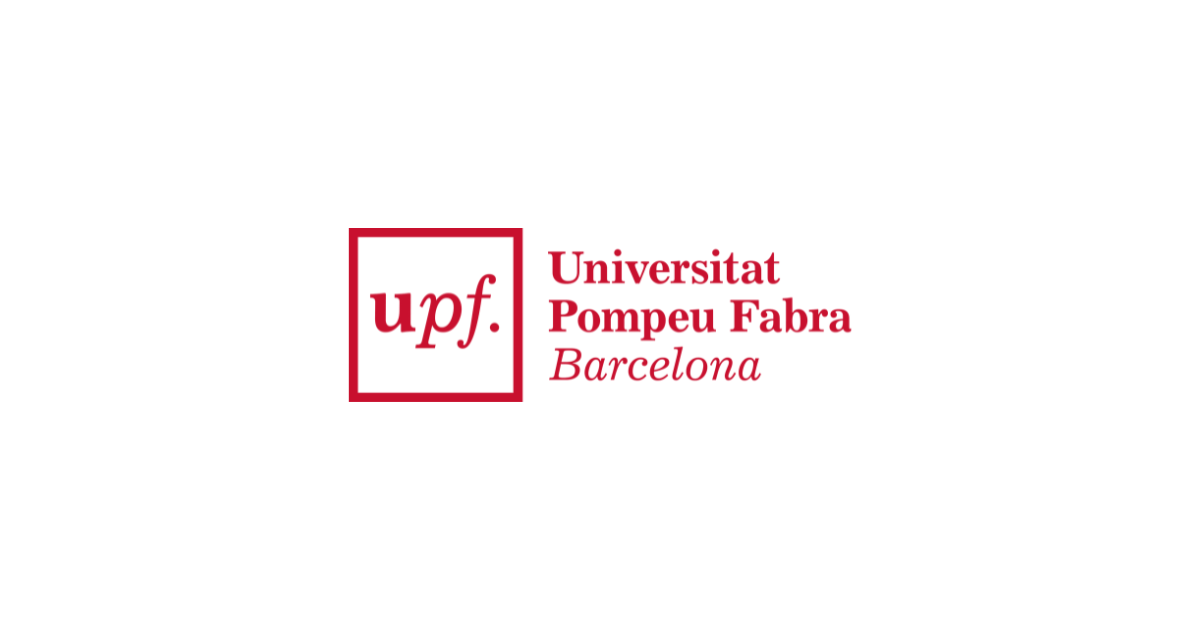According to the UN, the lack of decent housing is a problem affecting over 20% of the global population. In Catalonia, nearly 60,000 people experience some form of residential exclusion. What innovative initiatives are being implemented worldwide to promote access to housing?
Housing, a global issue
Decent housing is a fundamental right recognized in the Universal Declaration of Human Rights (Article 25) and the Spanish Constitution (Article 47). However, many individuals live in precarious situations and face difficulties in accessing housing. According to the UN, this is a global problem affecting over 20% of the world’s population. In Catalonia, although there are no updated data on the number of people sleeping rough, it is estimated that around 18,000 people experience homelessness, according to the Arrels Foundation. Additionally, data collected in the Framework for Addressing Homelessness in Catalonia (2022-2025) indicates that 58,930 people experience some form of residential exclusion or sleep rough. Furthermore, in Spain, there are 86.6 homeless individuals per 100,000 inhabitants, according to INE data. The main reasons for homelessness include being in a migratory situation (28.8%), losing employment (26.8%), and facing eviction (16.1%). These statistics are calculated according to official data, but they do not show the whole reality. Firstly, there are many uncounted cases and, secondly, there is invisible homelessness. This refers to all those people living in substandard housing or unsafe spaces.
The difficulty in accessing decent housing affects various segments of society, such as youth, individuals with different types of disabilities, and populations at risk of social exclusion.
ETHOS Classification
According to the ETHOS classification, a common typology used in Europe in the field of housing and residential exclusion, there are four groups of individuals in situations of housing vulnerability:
- Roofless individuals: Includes those living in public spaces or staying in shelters without a fixed address.
- Houseless individuals: Refers to anyone residing in service centers, women’s shelters, temporary accommodations for immigrants and asylum seekers, institutions such as prisons or hospitals, and supportive housing without a lease contract.
- Individuals in insecure housing: Describes cases where individuals live in a home without legal title, are under legal notice of abandonment of the property, or live under the threat of domestic violence.
- Individuals in inadequate housing: Includes living in temporary structures or shacks, housing not compliant with legislation, and overcrowded spaces.
The first two classifications refer to homelessness, and the last two refer to invisible homelessness.
- Social housing: The city of Vienna is a global benchmark in housing policy, with 220,000 publicly owned properties, compared to 11,500 in Barcelona. Additionally, the municipality promotes the creation of non-publicly owned social housing through the announcement of property sale contests for social renting, at prices lower than market prices, open to entities and companies. An essential requirement to be selected in the process is to have a social housing plan that promotes diversity, community, and equal opportunities. Additionally, there is a limit on the profits of real estate companies in the city, and the generated profits must be reinvested. As a result of this limitation, rents are more affordable, and access to housing by vulnerable groups is encouraged.
In countries like Denmark, the Netherlands, or Sweden, housing cooperatives are also common, based on lease transfer regimes. This implies collective ownership of the property by a cooperative. Its inhabitants pay a refundable entry fee, at prices below the market, and can use the housing for life. Additionally, all involved partners participate in the purchasing, design, and development process of the housing. It is, therefore, an alternative that promotes self-management and collective fabric.
In Barcelona, the ESAL Agreement, signed by Habicoop, Cohabitac, and XES, establishes a municipal framework for public-social-community collaboration, which seeks to streamline the expansion of the protected public housing stock in the city through rental promotions and use transfer regimes.
As for Catalonia, the Generalitat holds the rights of preemption and redemption regarding housing, which means that the administration has preference in the acquisition of housing that its owner wishes to transfer. The institution can exercise this right directly or indirectly, through entities competent in the matter.
On the other hand, the Empty Flats project, promoted by Hàbitat 3, an entity associated with the iSocial Foundation, offers social housing for people in vulnerable situations. The Barcelona City Council, in agreement with the organization, takes care of the rent and any possible refurbishment works. The aim is to ensure that the city’s empty properties can be made available to those who cannot afford market prices.
Similarly, in Mexico, the Renta tu Casa program offers abandoned and uninhabited houses to individuals with few resources or in situations of social vulnerability. The municipal authority pays a monthly rent to the property owner, and the user contributes with 350 Mexican pesos (approximately 20 euros) and five hours of community work.
- Shared housing: In the Netherlands, the Mixed Living project promotes cohabitation between homeless individuals and economically vulnerable individuals in blocks of social housing. This formula streamlines the process of accessing shelter and promotes social reintegration.
In the same vein, Startblok is an innovative Dutch model that offers temporary and affordable rentals for young people and migrants, aged between 18 and 28. This space allows for the creation of a diverse community that operates through self-management of residents. The model proposed by Startblok favors, on the one hand, the social integration of newcomers and, on the other hand, allows combating the housing precarity of young people.
Similarly, the SällBo building in Sweden brings together young migrant individuals and elderly people to promote social cohesion between generations and cultures through affordable rentals.
- Sustainable housing: In California, the Mutual Housing program offers sustainable and low-cost housing to the agricultural population of the area. The price of bills is very low, as the houses generate the same amount of energy they consume. In addition to energy efficiency, the project also includes other services such as digital literacy and affordable loans.
Similarly, the Mas Coop cooperative in France accommodates low-income families in ecological housing with communal spaces. The land and buildings belong to the entity, which acquired them through a state loan for social renting, and the fees for resident members are more affordable than market prices.
- Technology: Technological tools can be useful in processing data related to housing supply. Kloosiv is a cooperative web platform that combines technology and social intervention to facilitate access to housing for vulnerable groups with difficulties paying rent. Similarly, the Vivenda platform uses technological supports to create a network that connects supply and demand from the parties involved in renovation processes, to combat insecure and poor-condition housing, at reduced prices.
The new formulas in the field of housing access represent an alternative to traditional schemes, with a special emphasis on the most vulnerable groups in society, to ensure access to this universal right for all individuals.
References
Mas Coop: una cooperativa de residentes intergeneracional, ecológica y solidaria – World Habitat. (2023, 6 julio). World Habitat. https://world-habitat.org/es/premios-mundiales-del-habitat/ganadores-y-finalistas/mas-coop-una-cooperativa-de-residentes-intergeneracional-ecologica-y-solidaria/ [13/05/24]
Renta tu casa – World Habitat. (2023, 6 julio). World Habitat. https://world-habitat.org/es/premios-mundiales-del-habitat/ganadores-y-finalistas/renta-tu-casa-mexico/ [13/05/24]
L’habitatge cooperatiu en cessió d’ús (Cohabitatge). Habicoop. (2024, 28 febrero). Habicoop. https://habicoop.cat/cessio-dus/ [13/05/24]
Vivienda Mutua en Spring Lake – World Habitat. (2019, 21 febrero). World Habitat. https://world-habitat.org/es/premios-mundiales-del-habitat/ganadores-y-finalistas/11215/ [13/05/24]
Tipología europea de sin hogar y exclusión residencial. FEANTSA. https://www.feantsa.org/download/ethos_spain-24518105836657575492.pdf [13/05/24]
VESTA, un projecte d’innovació social i treball compartit pel sensellarisme femení. (2021, 23 noviembre). Cohabitac. https://www.cohabitac.cat/vesta-un-projecte-dinnovacio-social-i-treball-compartit-pel-sensellarisme-femeni/ [13/05/24]
Cuando hablamos de innovación en vivienda social también hablamos de la calidad de vida. (s. f.). Vivienda. https://www.habitatge.barcelona/es/noticia/cuando-hablamos-de-innovacion-en-vivienda-social-tambien-hablamos-de-la-calidad-de-vida_1123422 [13/05/24]
Alvear, A. (2022, 11 noviembre). ¿Cómo pueden la innovación y la tecnología solucionar el déficit de vivienda? Ciudades Sostenibles. https://blogs.iadb.org/ciudades-sostenibles/es/como-pueden-la-innovacion-y-la-tecnologia-solucionar-el-deficit-de-vivienda/ [13/05/24]
La Sexta Columna. (2024, 23 febrero). El ‘secreto’ mejor guardado de Austria: así funcionan las viviendas cooperativas de alquiler público. LaSexta. https://www.lasexta.com/programas/sexta-columna/secreto-mejor-guardado-austria-asi-funcionan-viviendas-cooperativas-alquiler-publico-viena_2024022365d909dc4129260001d2feca.html [13/05/24]
El Parque Público de Vivienda. (2023, 6 abril). Vivienda. https://www.habitatge.barcelona/es/acceso-a-vivienda/el-parque-publico-de-vivienda [13/05/24]
Vivienda en cesión de uso. (2018, 24 octubre). Co-Vivienda Barcelona. https://cohousingbarcelona.cat/es/vivienda-cesion-uso/ [13/05/24]
Projecte «Pisos buits» BCN – Fundació Hàbitat3. (s. f.). Fundació Hàbitat3. https://www.habitat3.cat/projecte-pisos-buits-bcn
Conveni ESAL Ajuntament Barcelona – Habicoop. (2022, 20 abril). Habicoop. https://habicoop.cat/conveni-esal-ajuntament-barcelona/
